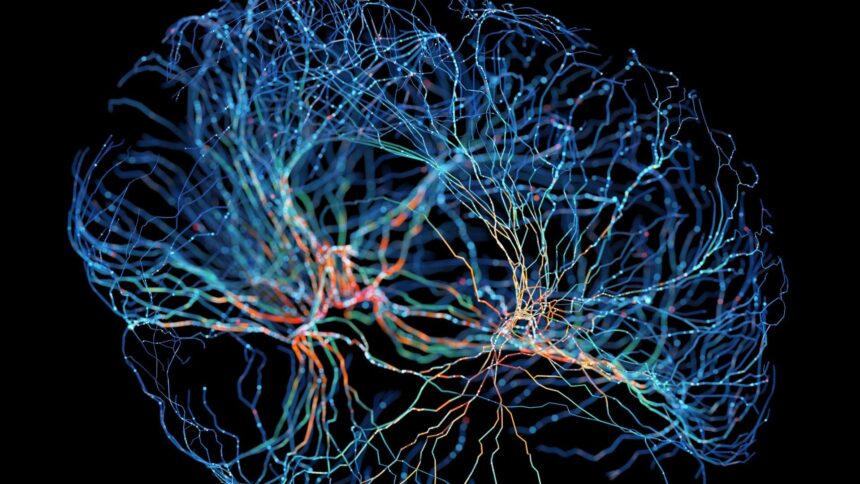The allure and terror of transferring your consciousness to a computer has long been fodder for cyberpunk novels and billionaire-backed immortality startups. But a substantial chunk of neuroscientists think it might be possible to extract memories from a preserved brain and store those memories inside a computer, according to a new study.
The study, published in the journal PLOS One, suggests that most neuroscientists believe that memory has a physical basis and, on average, give a 40% probability that we might one day be able to emulate a human brain. But there was little consensus as to what exactly that physical basis is, highlighting just how little we know about what memories are made of.
The authors surveyed 312 neuroscientists—both memory experts and general neuroscientists—to get their thoughts on the feasibility of preserving a human brain and later extracting its memories. It was led by Ariel Zeleznikow-Johnston, a neuroscientist at Monash University in Australia and the author of The Future Loves You: How and Why We Should Abolish Death.
While the researchers wrote that the questions of memory extraction from preserved brains are “strange and speculative,” they provide insight into how neuroscientists think about memory formation.
Results of the survey show that neuroscientists largely agree that memories have a physical substrate rather than relying on a dynamic process that ceases at preservation; they’re likely stored in the synaptic connections between neurons, which strengthen and weaken with experience. The survey showed that 70% of neuroscientists agree that a physical, molecular record of a memory exists—stored in stable changes to neural connectivity and interactions between proteins and other cellular components—of which you could theoretically take a snapshot.
However, “there was no clear consensus on exactly which neurophysiological feature or scale is critical for memory storage,” the authors wrote in the study. The surveyed scientists didn’t agree on what resolution—from the atomic-level composition of biomolecules to nanometer-level resolution of subcellular structures—would be required to extract a memory from a preserved brain. This is largely due to the fact that, while most neuroscientists agree that memory has a physical basis, it’s still up for debate exactly what that basis is.
The survey also asked whether existing tools could theoretically preserve the structure of a brain well enough to extract memories. Preserving a brain in such a way that the proteins and cells remain intact is tricky, since freezing can damage neural tissue. But one way neuroscientists could do this is through aldehyde-stabilized cryopreservation, a technique that combines chemical fixation with vitrification—the process of turning a substance into a glass-like solid by cooling it down rapidly. The study asked neuroscientists to assign a probability that memories could be extracted from a cryopreserved brain. The participants gave a wide range of estimates, but the median answer was around a 40% probability.
The authors asked the neuroscientists how probable it might be to emulate a whole brain—like, uploading and digitizing a person’s brain onto a computer—from preserved neural tissue. That could open up the possibility of uploading your full self and consciousness into a machine. In this case, the median answer was again around 40%, though the authors note that the responses again varied widely.
“Admittedly, that’s not 100 percent,” Zeleznikow-Johnston told IFLScience. “That means that there’s not full consensus in the community that yeah, definitely this will work, but it’s not 0.1 percent, or 0.01 percent. That’s a substantial chunk of neuroscientists who think there’s a very real chance that it will work, and my guess is that actually that number will creep up over time as we get better at doing these brain implants, emulations, all these other things.”
Neuroscientists believe we’re still a long way off from being able to emulate an entire human brain, according to the study. When asked when we might be able to emulate a human brain, the respondents gave a median answer of 2125.
Still, it’s something to think about.
Read the full article here












